The Slovak National Theater is the oldest professional theatre in Slovakia, consisting of three ensembles: opera, ballet, and drama. Its history begins shortly after the establishment of the first Czechoslovak Republic in 1918. It is located in the capital, Bratislava. The theatre is currently based in two separate buildings: the historic Neo-Renaissance building at Gorkého 2 and the new SND building in the Old Town, opened on 14 April 2007, at Pribinova 17. Performances take place on most days of the year. The Slovak National Theatre has represented Slovak culture on its numerous tours abroad.
After the establishment of the Czechoslovak Republic, the idea of a professional Slovak theatre slowly began to materialize. In 1919, the SND Cooperative commissioned the establishment of the Slovak National Theatre (SNT). The cooperative concluded a contract with the director of the East Bohemian Company, Bedřich Jeřábek. It was his opera and drama ensemble that in 1920 began operating all three SND ensembles (drama, opera, ballet) in the building of the former municipal theatre.
The opera of the SNT began its activities on 1 March 1920 with the production of The Kiss by Czech composer Bedřich Smetana. A day later, the drama ensemble presented the play Mariša by brothers Alois and Vilém Mrštík. The ballet section of the theatre made its debut with a production of Coppélia by Léo Delibes on 19 May 1920. The first performance in the Slovak language also took place in May of that year, with renditions of the one-act plays Hriech and V službe by Jozef Gregor-Tajovský.
The majority of the theatre's original repertoire was performed in Czech because there were not enough Slovak plays, translations, actors, or singers. The first Slovak professional actors, Andrej Bagar, Janko Borodáč, Oľga Borodáčová, Jozef Kello, and Gašpar Arbét, formed the core of the SND promotional drama ensemble.
The SND ensembles originally played in three different buildings—the drama ensemble played in the Pavel Országh Hviezdoslav Theatre building on Laurinská Street and on the Small Stage of the Slovak National Theatre on Dostojevského rad. The opera and ballet were housed in a historic building on Hviezdoslav Square. On 14 April 2007, the SND moved to a new building on Pribinova Street no. 17, in which all three ensembles play under one roof. The space holds 1,700 seats. In addition to the new SND building, the theatre company also continues to use the historic building, where opera, ballet, and drama performances are still held.


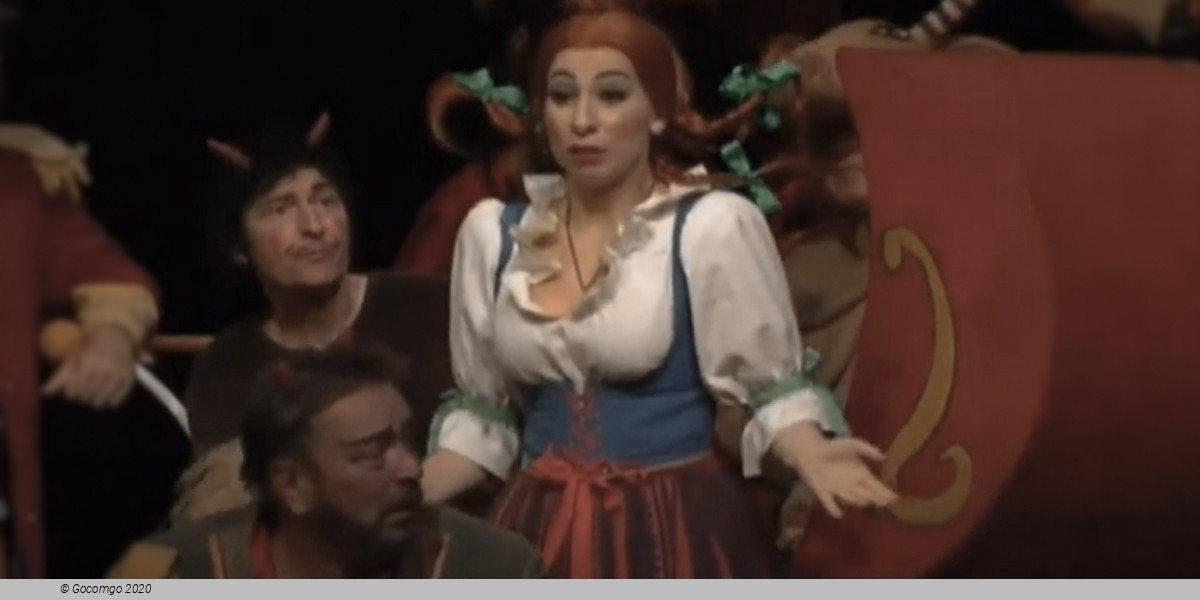
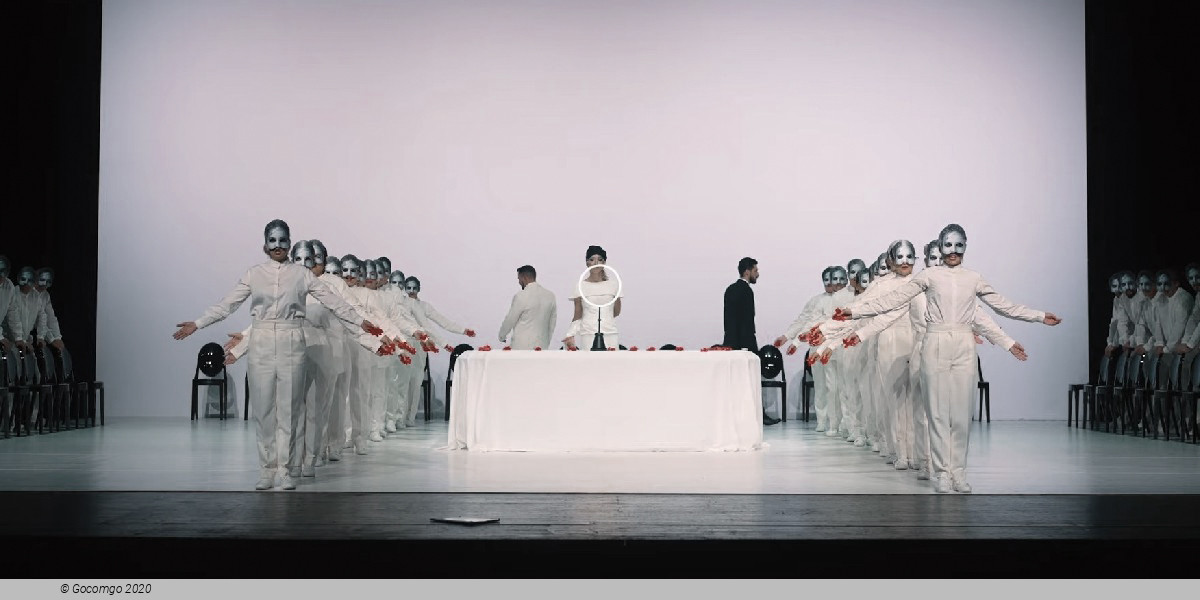
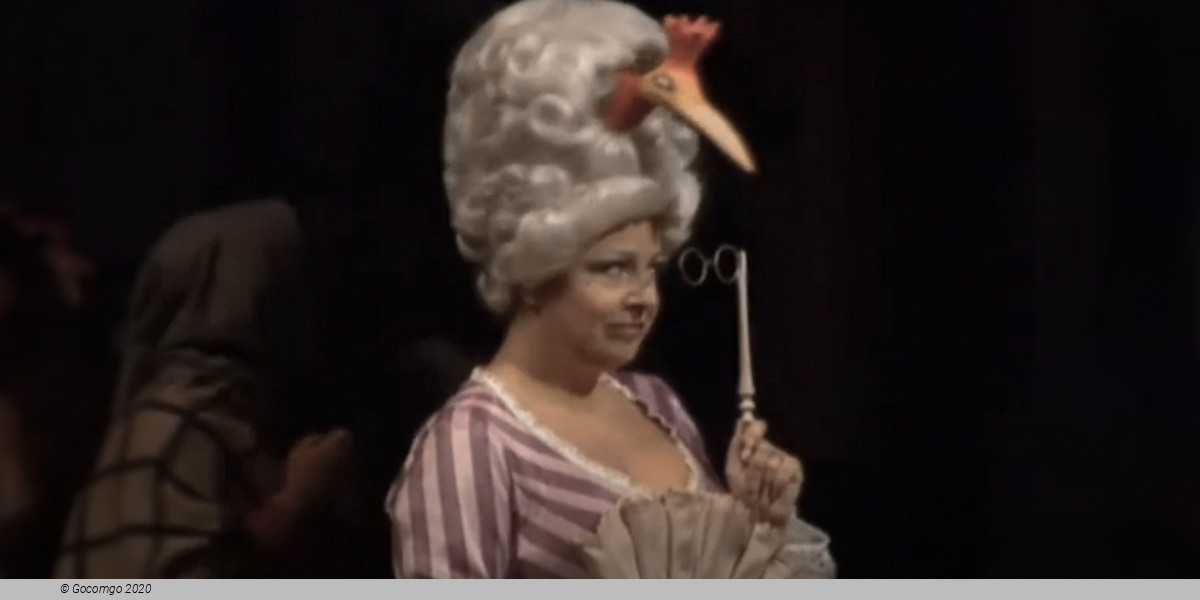
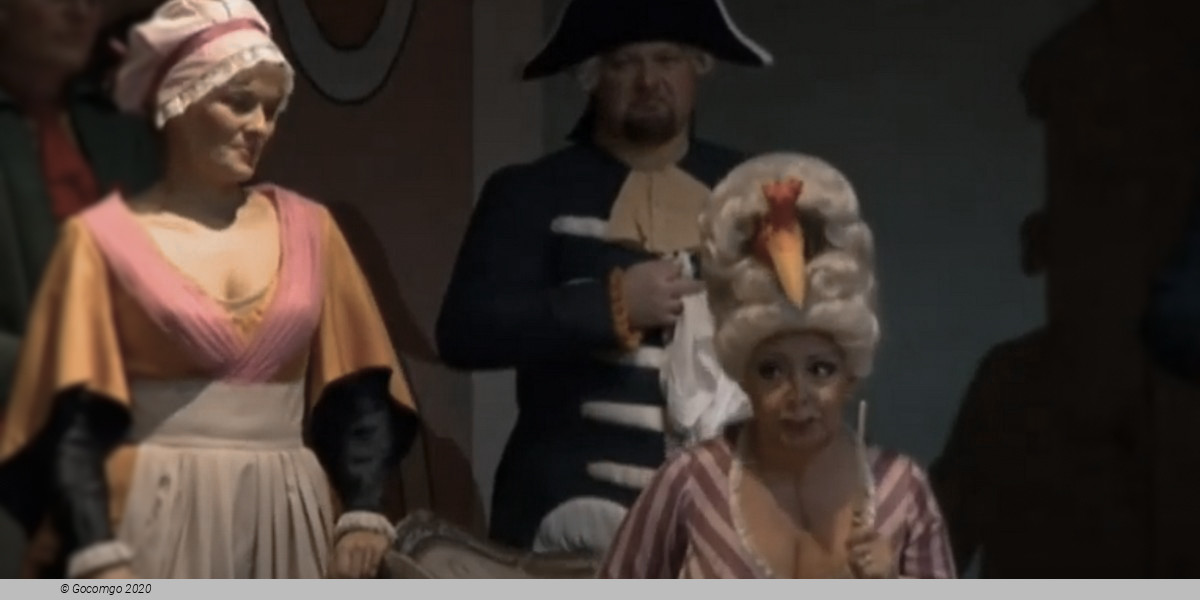
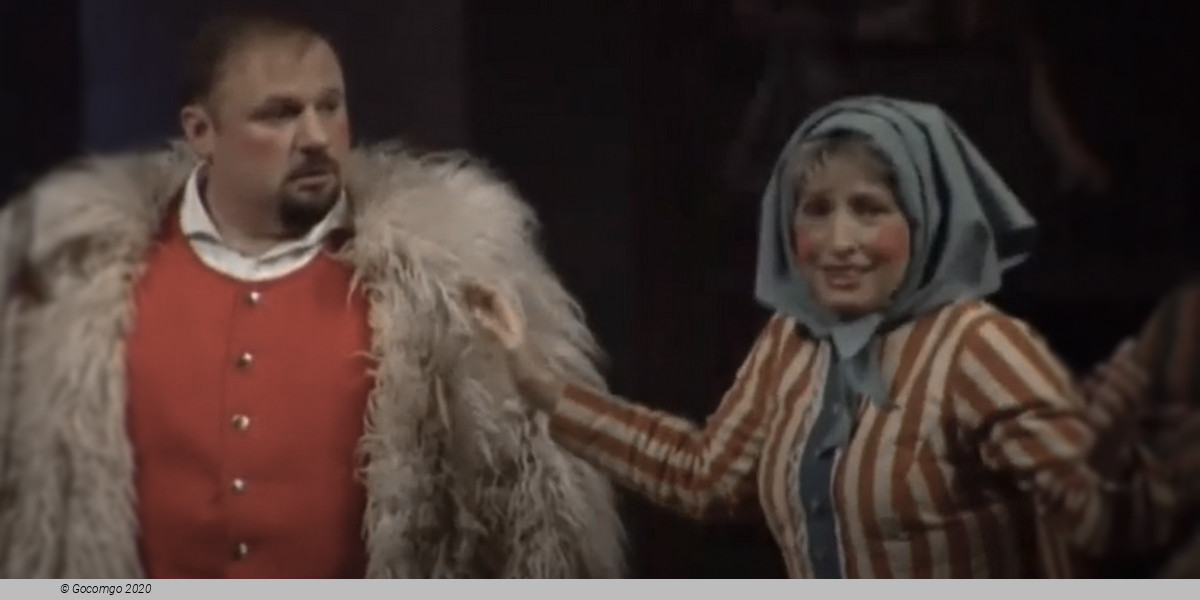
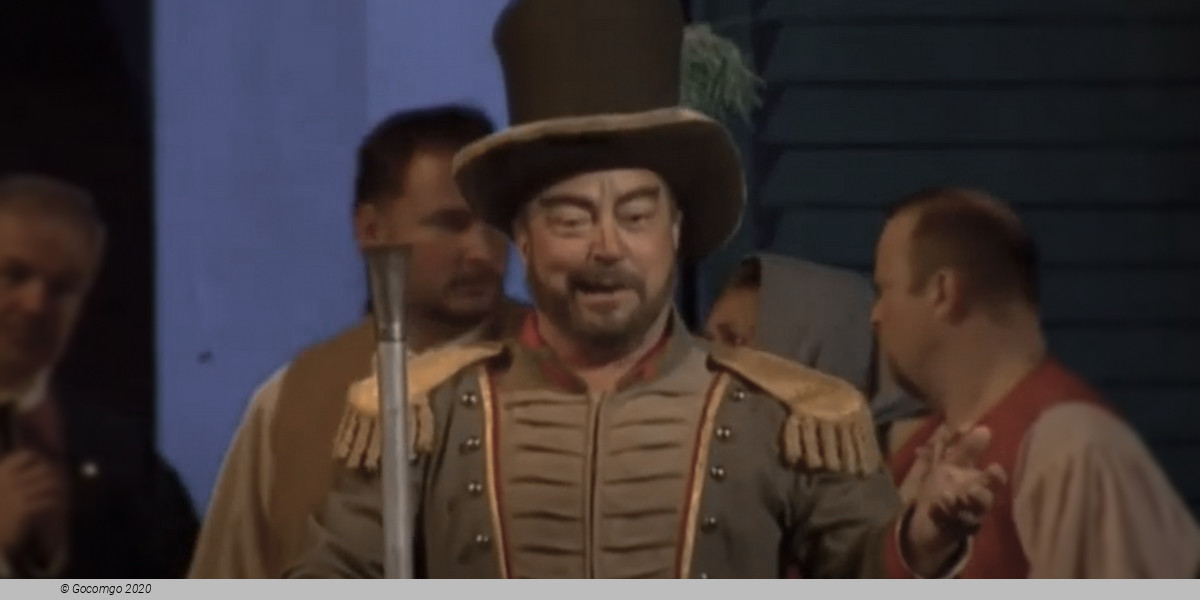
 Pribinova 17
Pribinova 17